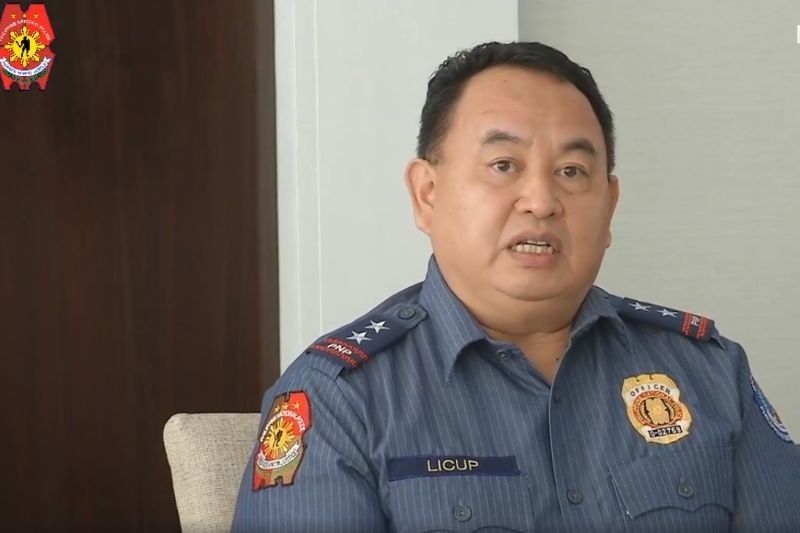Newly-declared low-risk areas will continue to see quarantine checkpoints — PNP

MANILA, Philippines — With some areas graduating to general community quarantine and others off lockdown altogether, the national police on Tuesday reminded the public that quarantine checkpoints aren't going anywhere, with some of them even being designated randomly in the coming days.
This is to ensure that compliance to social distancing measures and minimum health regulations is maintained, said Police Brig. Gen. Archie Gamboa, PNP chief, at a taped address.
According to Police Maj. Gen. Emmanuel Luis Licup, who is the PNP's Director for Operations, quarantine control points are the foremost "tool" in ensuring that these protocols are complied with.
"Whether we're in ECQ or in GCQ, we'll use them. They won't be removed even in low or moderate-risk areas. We'll assign people in establishments to ensure compliance, especially in malls that are going to open, because non-essentials are open now," Licup said in Filipino.
"So that's what we're going to do. Although it could happen that some of them will be random because of the lack of manpower. Basically, the checkpoints will continue."
As it stands, quarantine checkpoints are manned by members of the Joint Task Force Corona Virus Shield, the quarantine enforcement arm of the government's COVID-19 response task force, which includes the national police, the Armed Forces of the Philippines, the Bureau of Fire Protection, and the Philippine Coast Guard.
In an earlier statement to reporters, Police Lt. Gen. Guillermo Eleazar, who heads the JTF CV Shield, also said that the public should expect more police visibility in areas reverted to GCQ.
'Lower crime trend'
According to Gamboa, the crime trend over the past 59 days under ECQ has been "encouraging as far as the overall crime situation is concerned."
"We are seeing significantly fewer index crimes among the eight crime categories that are the focus of police operations," he said, explaining that the task force's eight focus crimes dipped 61% from 8,284 incidents before the ECQ from January to March, to 3,220 incidents over the past nine weeks of ECQ.
Gamboa said that the crime categories—namely murder, homicide, physical injury, sexual assault, robbery, theft, and carnapping—trended downwards most noticeably in Luzon where they posted a 66% drop, while Visayas and Mindanao respectively recorded 58% and 51% decline rates.
“The challenge now is how to sustain it. So our kababayan should expect continuous stricter measures such as curfew during nighttime because this measure is not only to prevent the spread of COVID-19 but also as our preventive measure against criminal elements,” Eleazar said in his earlier statement.
“We ask the public to gradually accept the fact that these strict measures are the new normal in terms of peace and order under the time of this pandemic,” he added.
Recorded lapses
For the past month, the national police has been carrying out what it called a tighter enforcement of quarantine rules that they likened to martial law, where quarantine violators would no longer receive warning before arrest—an order that came with lapses of its own.
Perhaps the highest-profile case was that of former soldier Cpl. Winston Ragos whom spot reports said tried to pull a gun on cops at a quarantine checkpoint, with viral footage later showing that Ragos had his back turned to officers when he was shot a second time.
Though Quezon City Police District initially attributed the shooting to a "judgment call," Police MSgt. Daniel Florendo Jr., the officer responsible for Ragos' killing, has since been released from the force by the Office of the City Prosecutor after a homicide complaint was filed.
As of the latest count, there are 140 confirmed COVID-19 cases among PNP personnel, 1.3% of the total number of confirmed COVID-19 cases in the country.
- Latest
- Trending






























